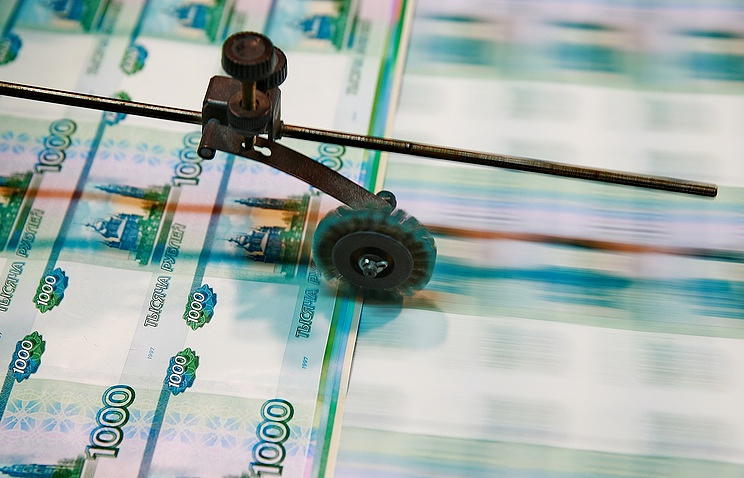Economic growth is expected to recover in Russia by 2016 year-end, the Ministry of Economic Development said in its socioeconomic development outlook for 2017-2019.
“GDP decline will slow down to 0.6% in 2016 and transition from stagnation to recovery of economic growth is expected next year,” the document says.
GDP growth rate will be 0.6% in 2017 according to the base case scenario, with further rise to 1.7% in 2018 and 2.1% in 2019.
The Ministry of Economic Development presented three development scenarios in its socioeconomic development outlook: the base case with Urals oil price of $41 per barrel in 2016 and $40 per barrel in 2017-2019, the “base plus” (best case) with oil price growth to $48 per barrel in 2017, $52 and $55 per barrel in 2018-2019 and the target case with the same oil prices but greater GDP growth rates.
Capital outflow
The document said Russia’s capital outflow will decline to $15 bln in the best case but will grow to $25 bln according to the base case scenario.
“The net capital outflow will grow from $18 bln in 2016 to $25 bln by the end of the forecast period. The net capital outflow from the private sector will decline in “Base Plus” case and will be $15 bln by 2019,” the document says.
Investment activity
The document said the investment activity is expected to stabilize by mid-2017.
“Stabilization of investment activity is expected by mid-2017. Investments growth will resume in 2018. The average annual growth of investments will be 1.3% in 2018-2019 and will be determined by possibility of boosting private investments against the background of reduction of government investment expenses,” it said.
Inflation
Inflation in Russia will decline to 4.1% by 2019 year-end under the best case scenario, the document said.
“Inflation slowdown will be moderate against the background of more active recovery of consumer demand: inflation will decline to 4.5% by 2017 year-end and to 4.3% and 4.1% respectively in 2018-2019,” the Ministry reported.
Import substitution
Import substitution and improvement of quality of life are priorities of the government economic policy, Russian Ministry of Economic Development said in its socioeconomic development outlook for 2017-2019.
“Import substitution, improvement of quality of life and greater investments into the human capital are main priorities of the economic policy in the forecast period,” the document says.
Agriculture
Russian farming sector output is expected to grow 3.2% upon the results of 2016 and to drop 0.6% in 2017, the forecast said.
The ministry foresees growth in call categories of produce this year, except vegetables (minus 0.6%) and potatoes (minus 2.3%).
The forecast predicts reductions of output next year in grain crope (7.9%), sugar beet (2.9%), sunflower seed (3.3%), sugar (3.3%), and vegetable oil (2.1%).
